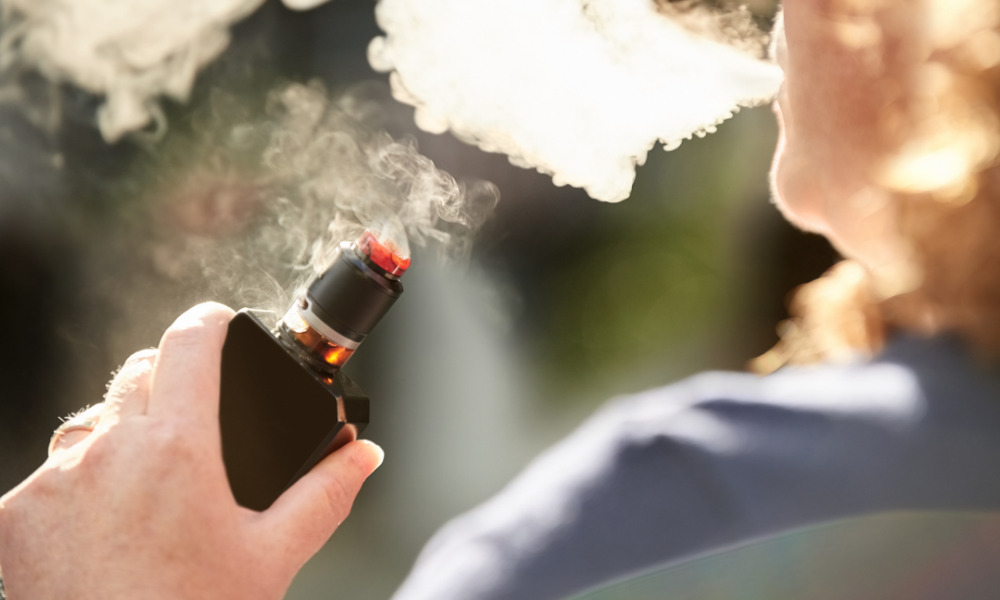
Customers must present a prescription from an Australian doctor in order to get their fix

Changes to vaping laws in Australia have restricted access to nicotine e-cigarettes imported from overseas.
The Therapeutic Goods Administration (TGA) of the Department of Health announced that effective 1 October, a valid prescription from an Australian doctor is needed to buy or import nicotine vaping products such as nicotine e-cigarettes, nicotine pods and liquid nicotine from any source – including overseas websites. The new rule modifies the Poisons Standard – nicotine under the Therapeutic Goods Regulations 1990.
“This will make the law applying to importation of nicotine vaping products consistent with existing state and territory laws regarding their sale – specifically that these products cannot be sold anywhere in Australia without a doctor's prescription,” the TGA said on its website.
The group explained that the “significant increase in the use of nicotine e-cigarettes and other nicotine vaping products by young people in Australia and in many other countries” spurred the move. The new restriction aims to curb the usage of e-cigarettes and their paraphernalia, especially among the youth.
“There is evidence that nicotine vaping products act as a ‘gateway’ to smoking in youth, and exposure to nicotine in adolescents may have long-term consequences for brain development,” the TGA said.
The group also cited the addictive nature of nicotine as a factor behind the implementation of the new laws.
Australian Medical Association President Dr Omar Khorshid welcomed the new restrictions as a way of barring illegal nicotine imports.
“We think the laws will be beneficial in that they will close the fairly open-door policy for illegal importation of nicotine which has resulted in pretty free access, and we really want to reduce the chance of teenagers and other young children accessing these products.”, Khorshid said in a statement published by The Guardian.
However, Khorshid pointed out that physicians should not feel compelled to prescribe e-cigarette nicotine products.
“On the negative side, we’ve got doctors who are quite concerned about the idea of being asked to prescribe a substance for which there’s really no compelling scientific evidence of their efficacy or safety,” he said. “But if people have tried other smoking cessation mechanisms, and if they’re committed to coming off cigarettes, then we’ve accepted that even in the absence of the evidence, it is not an unreasonable thing to try vaping for a short period. As long as the intention is to come off the cigarettes.”
The Royal Australian College of General Practitioners has issued guidelines for healthcare professionals issuing prescriptions for nicotine vaping products. Nicotine replacement therapies such as sprays, patches, lozenges, chews and gums are excluded from the list of restricted products under the new regulation, as are vaping products without nicotine.